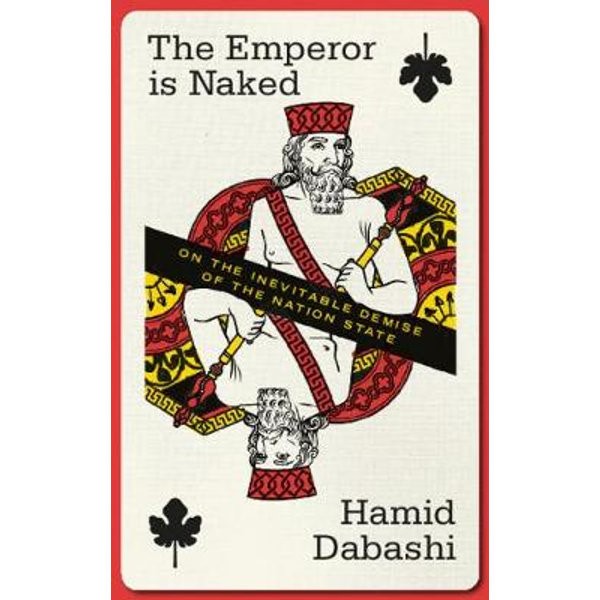The invention of the nation-state was the crowning achievement of the Sykes–Picot Agreement between the United Kingdom and France in 1916. As a geostrategic move to divide, defeat, and dismantle the Ottoman Empire during World War I, it was a great success and the modern colonial borders of the Arab nation-states eventually emerged in the course of World War II.
Today, as nations are reconceiving their own postcolonial interpolated histories, Arab and Muslim states are becoming total states on the model of ISIS with Iran, Syria, Turkey and Egypt, among others, violently manufacturing their legitimacy. And yet simultaneously, examples such as the Nobel Peace Prize winning formation of a civil society ‘Quartet’ in Tunisia allude to a growing transnational public sphere across the Arab and Muslim world.
In The Emperor is Naked, Hamid Dabashi boldly argues that the category of nation-state has failed to produce a legitimate and enduring unit of post-colonial polity. Considering what this liberation of nations and denial of legitimacy to ruling states will actually unfurl, Dabashi asks: What will replace the nation-state, what are the implications of this deconstruction on global politics and, crucially, what is the meaning of the post-colonial subject within this moment?
Emperor Is Naked: On the Inevitable Demise of the Nation State Paperback – April 4, 2020
Official Page on Zed Books:
https://www.zedbooks.net/shop/book/the-emperor-is-naked/
Reviews:
“In an illuminating argument that mixes personal narrative and classical fables with history and political analysis, Dabashi counters a series of common assumptions about how revolutions today must proceed, including the destructive myth that the postcolonial state is a necessary vehicle for liberation. Particularly important is his argument – against the standard narrative that casts recent insurrections as failures – that the seeds of the future will be found in those “open-ended revolutions.” A vital contribution for all interested in liberation struggles today.” Michael Hardt, co-author of Assembly
“A tour de force, insightful and enjoyable. The Emperor is Naked is an elegant dress-down of the West’s colonial legacy of fabrications and falsifications. Agree with him or not, Dabashi makes a strong case against the rationality and durability of Europe’s grand legacy, the nation-state. A seasoned intellectual, he emotes his readers like a grand maestro, summoning the voices and sounds of thinkers, poets and artists and elevating them into inspiring crescendos.” Marwan Bishara
“The modern “state” and especially the so-called “nation-state” are increasingly showing their dark underbelly – their potential for global catastrophe. Is there another path ahead, beyond myth and calculation? Dabashi’s stunning text explores this crucial question.” Fred Dallmayr, author of Post-Liberalism



 Columbia University
Columbia University Aljazeera
Aljazeera Middle East Eye
Middle East Eye Springer Palgrave
Springer Palgrave